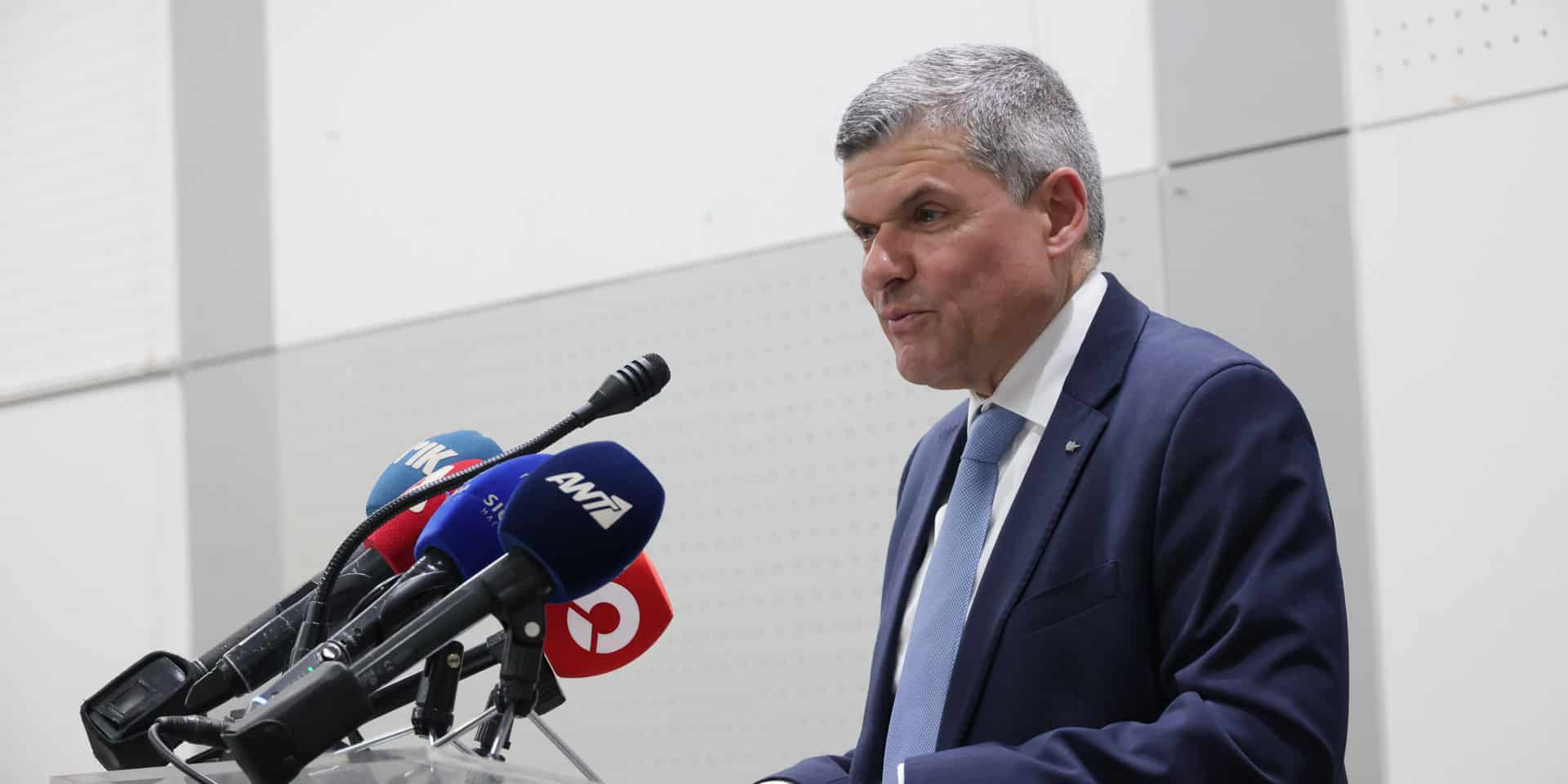Seabed surveys to find a sinking point for the pipeline which will take natural gas from Cyprus’ exclusive economic zone (EEZ) to Egypt for liquefaction will begin this week, Energy Minister George Papanastasiou said on Monday.
Speaking to CyBC radio, he said the surveys will begin on Wednesday, with the pipeline set to connect Block 12, the southernmost block of Cyprus’ EEZ which contains the Aphrodite deposit, to Egypt.
This move, he added, will “end the stagnation” regarding the Aphrodite deposit.
The development comes after the governments of Cyprus and Egypt, as well as American multinational corporation Chevron, Israeli energy company NewMed Energy, and the BG Group, which is owned by Royal Dutch Shell, signed an agreement which, according to the Cypriot government, established “the framework for the effective commercialisation” of the gas in the field.
At the same time, the two countries signed an agreement with the consortium comprising French multinational corporation Total and Italian energy company Eni concerning Block 6 of Cyprus’ EEZ.
This agreement sets Egypt as the “host government” for Block 6 and the Kronos, Zeus and Kalypso gas fields which are present under its seabed, meaning that the gas extracted will be sent to the Segas liquefied natural gas (LNG) terminal in the Egyptian port city of Damietta for liquefaction.
Given the proximity of the Kronos reservoir and Block 6 to Egypt’s ‘Zohr’ gas field, which Eni also operates, Eni will be able to use its own infrastructure to take the Cypriot natural gas to Damietta.
The Cypriot government said the agreements’ “essence is not limited only to promoting the exploitation of the deposits but also broadens the prospects for energy cooperation with Egypt, while contributing to regional stability and strengthening our country’s geopolitical position in the eastern Mediterranean”.
“These two agreements signal the Republic of Cyprus’ determination to promote the sustainable exploitation of its natural resources, with the participation of renowned international energy partners, to strengthen its role as an energy hub in the eastern Mediterranean and to ensure the maximum possible benefit for the Cypriot people,” it said.
It added that with these agreements, it hopes to “achieve more competitive electricity prices and safeguard our country’s energy security”.
The “stagnation” regarding Block 12 had come about following disagreements between the Cypriot government and the State of Israel regarding the Aphrodite deposit.
Israel had said part of the gas in ‘Aphrodite’ field seeps into Israel’s EEZ, into a field called ‘Yishai’, with some estimates stating that up to 10 per cent of the field could be Israeli, meaning that over €1 billion could be at stake.
Papanastasiou had said earlier in the year that negotiations on the matter had “entered their final stage”.
“Our aim is to visit the neighbouring country to reach a conclusion and sign it,” he added.
Meanwhile, efforts remain underway for Cyprus to construct domestic means of liquefaction for natural gas found under the seabed off its coasts, with the floating storage and regasification unit (FSRU) Prometheas, which is to be used at the under-construction LNG terminal at Vasiliko, to be certified for use in October, according to natural gas public company (Defa) chairman George Ashikalis.
“We managed to get it to Malaysia, where it has been expected, and we have found exactly what is needed to complete it as a floating storage and regasification unit,” he said last week, adding that “the components we need to complete this work have been ordered”.
Those components, he said, are expected to be delivered in August or September, with the work to replace the components to have been completed by early October.
Asked about preparations regarding the pier where the FSRU will dock, he said that “we are working feverishly in this direction”, “trying to avoid time-consuming tender process”, and “trying to find all the windows which will allow us to complete this work as quickly as possible”.
Engineers from public natural gas infrastructure company Etyfa had conducted an on-site inspection of the FSRU Prometheas earlier in the month, with Etyfa saying that the inspection’s objective was “to personally verify the condition of the vessel and conduct an on-site inspection of its facilities and management”.






Click here to change your cookie preferences